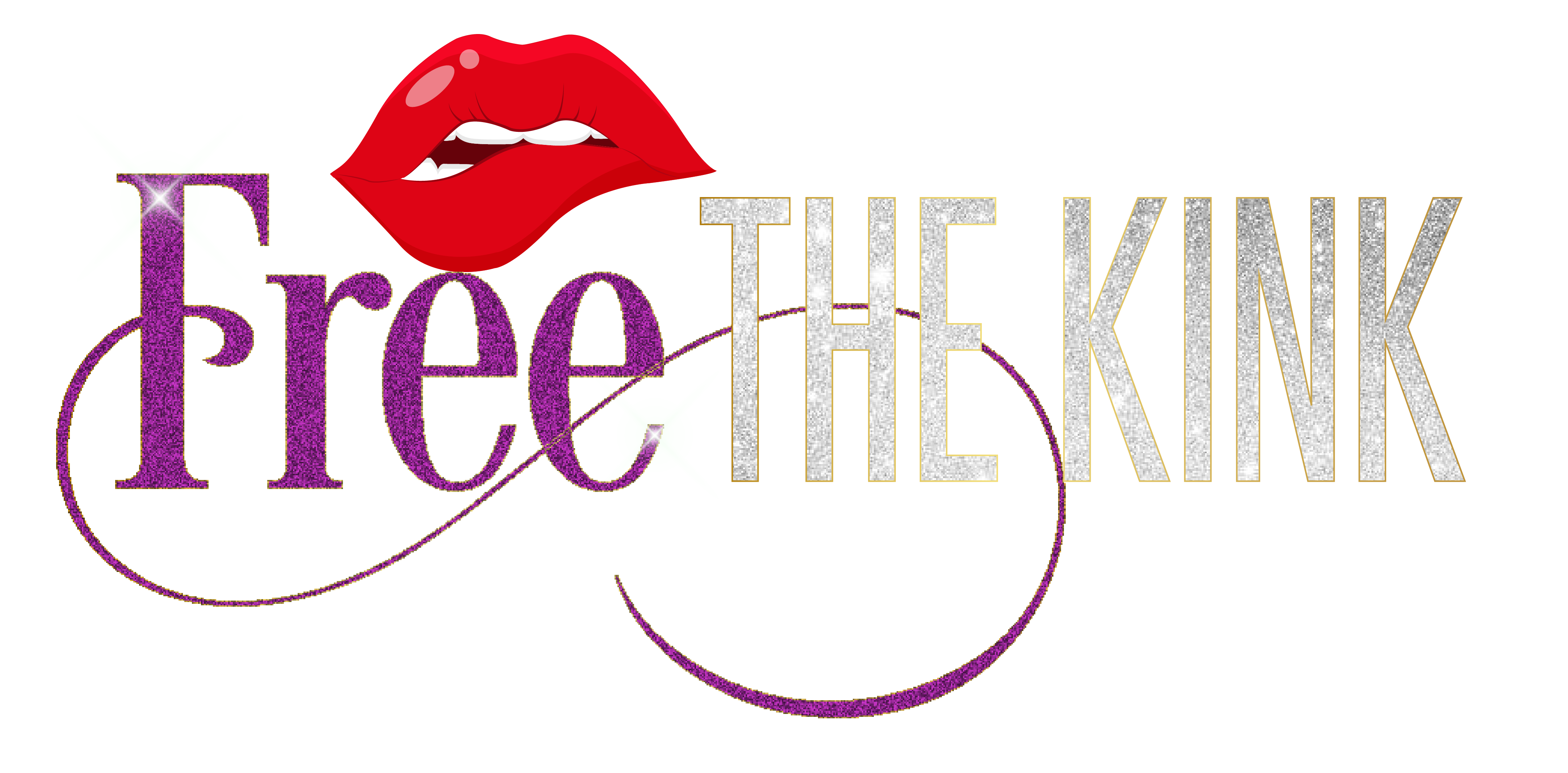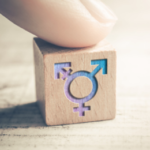If you have come across articles that I have posted from time to time, you should already know two things about me….
I am passionate about BDSM and I am a huge advocate for Polyamory.
I mean really…At this point, practically everyone has heard of polyamory…A form of consensual non-monogamy in which people have multiple romantic and/or sexual partners at one time with the knowledge and consent of everyone involved.
However, far fewer people have heard of ambiamory…A relationship orientation that is actually far more common than most people realize.
So, Matthias, what the hell is ambiamory?
Rather than having strict requirements or strong preferences that their relationships be monogamous or polyamorous, people who consider themselves ambiamorous find themselves happy being in either relationship system. It all depends on what is going on in their lives and who they are dating.
Ambiamory challenges a lot of ideas we hold about relationships, including the relationship escalator…A set of internalized beliefs and social norms that many people follow if you will.
Essentially, many of us have learned to believe that a relationship should start in a culturally approved, conventional way and progress through a series of milestones in a predictable manner otherwise, the relationship isn’t considered viable or healthy. Under the auspices of the relationship escalator, there is only one right way to have a relationship. You meet. You date. After a certain number of dates, you may have sex. Then, after a significant length of time passes, you become engaged, get married, move in with one another and have kids, living monogamously ever after.
If you deviate at all from this prototypical relationship, for example if you choose not to have kids or even live with your partner, or if you live together before marriage or decide to have an open relationship or be part of a polyamorous relationship system, then your relationship may be considered flawed, less than, or not “Real, true love.”
So, in spite of the number of people who take an escalator view of romantic relationships (Although many of them are not even consciously aware that they are doing so) it is not too difficult to find relationships all around us that are violating its norms. It is really all a matter of degree as well as which violations are considered more taboo by society.
Like others open to multiple romantic and/or sexual relationships with the knowledge and consent of all involved, ambiamorous people challenge the notion that monogamy is required for happily ever after. However, ambiamory also rejects the idea that polyamory is necessarily a superior state of relationship utopia.
Instead of adhering to the premise that either monogamy or nonmonogamy is an ideal relationship structure on the relationship escalator, ambiamory advises for relationship structures that instead fit the individuals involved in them as well as the life situations in which they find themselves.
Those who identify as ambiamorous is of course just one of many forms of relationship beliefs that a person can have that rejects the notion that relationships have to unfold a certain way or have a certain structure to be valuable. There are other popular relationship styles that challenge the relationship escalator.
For example, relationship anarchy is a philosophy and approach that maintains that relationships should not be bound by any rules or restrictions that the individuals involved have not explicitly, mutually agreed upon.
Okay, so the next question would be…
Why would a person even identify as ambiamorous?
Hmm…Look at it from this point of view…
Most commonly, a person identifies as ambiamorous because it’s important for them to signal to people that they are open to having either monogamous or nonmonogamous romantic relationships. This may happen for several reasons:
They want to acknowledge that they have experience and/or comfort with polyamorous relationship systems but are not closed to the prospect of being monogamous with a single partner.
They are currently either in a monogamous relationship or a polyamorous relationship system and do not want the other side of their identity to be erased by their current status. Much in the same way that a person can be bisexual and monogamous (because of their relationship history or the nature of their attractions to more than one gender), current relationship structure is not the same thing as relationship orientation. Identifying as ambiamorous emphasizes that and also makes it clear that you consider all of your past relationships a valid part of your history (Whether they were monogamous or nonmonogamous).
They want to be part of both polyamorous and monogamous social communities, while emphasizing that they do not consider either relationship structure to be “The one true way” for people to have happy relationships. Now, there are plenty of people who believe this who are not ambiamorous. However, openly identifying as ambiamorous can be a strong way to convey and embody that message.
Another question one might ask is why would a ambiamorus person choose monogamy?
Another great question.
As a person who has a number of ambiamorous friends, I can think of several reasons why an ambiamorous person might opt for a monogamous relationship at certain time and a polyamorous relationship system at others:
They want to be with a person who prefers a monogamous relationship. This is a very common reason and very straightforward. Even though they may enjoy being a part of polyamorous relationship systems, sometimes an ambiamorous person will opt to only date one person because that’s what their partner wants. While this might be a huge sacrifice for someone who prefers polyamory, there are ambiamorous folks for whom this sort of adjustment isn’t really a big deal at all, especially when there are other factors at play.
They do not have the emotional bandwidth because they are doing some heavy emotional work, grieving someone or something, or healing from breakups. Even if their partner is open to their seeking other partners, many ambiamorous people will become functionally monogamous for long stretches of time if they don’t have the emotional energy for multiple partners.
Maybe they opted to simplify their romantic life to save time, energy and hassle. Sometimes it is because they are busy with nonromantic concerns (Due to work, caregiving, illness etc.). Other folks who typically enjoy many aspects of polyamorous relationship systems will end up transitioning to dating a single partner because they struggled with the organizational and/or time management challenges and extensive relationship talks that can accompany the polyamorous life.
Or maybe, just maybe, they are tired of the stigma that often comes with polyamorous relationships and have consciously opted to live a more conventional life.
With that said, A ambiamorous person may choose polyamory because:
They want to be with a person that has polyamorous relationships.
Again, this is a very common reason and very straightforward. While someone who is strictly monogamous might consider it a large sacrifice to adapt to dating a polyamorous person, for an ambiamorous person this is typically not that big of a deal at all, especially if they, too, are able to pursue relationships with other people if they want.
Hey, maybe they hit the love jackpot and found multiple people that they love and connect with on a deep level and who fit into their life beautifully and harmoniously.
They enjoy the close network of support and friendship that can form between metamours. Their relationship system often functions as a chosen family.
They place a high value upon allowing their partners to have the freedom to see other people, even in situations where they themselves may date less frequently than their partners (or even be functionally monogamous themselves, from time to time).
While public awareness of ambiamory still remains relatively low, emerging research is supporting the idea that there are an awful lot of people out there who are not dead set on monogamy or nonmonogamy. Instead, there are a lot of people whose ideal relationship could be either of these (or somewhere in between). And instead of monogamy and nonmonogamy existing as a strict binary, there seems to be a spectrum with lots of people who find themselves somewhere in the middle.















